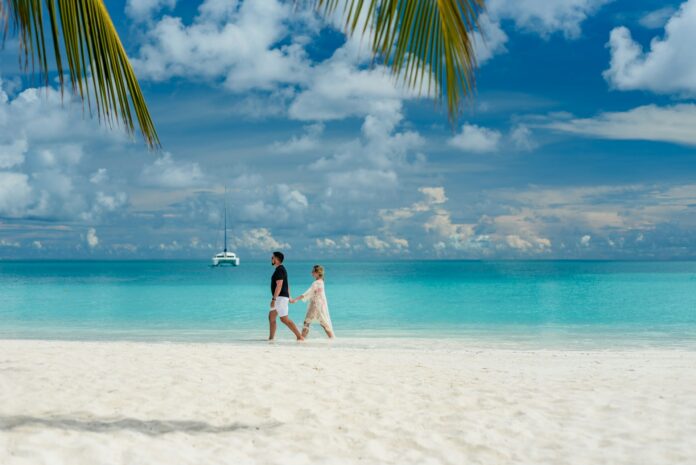Ideal for living la dolce vita, for life…
Whether you’re a pasta-phile, a lover of fine wine, an olive oil enthusiast, a renaissance art and architecture aficionado, or simply love to gaze over rolling hills ad infinitum, Tuscany has got you covered.
Whilst we luxuriate in the Italian region’s famously warm embrace, you might be considering moving here, awed by the fresh produce, laid back pace to life, clean air and a little bit of the ol’ dolce vita.
If so, then you’ve come to the right place for guidance on narrowing down your search into a shortlist of the 7 best cities and towns for British expats to live in Tuscany, IDEAL for living la dolce vita, for life.
Pisa: Ideal For Accessibility & Transport Links
There’s so much more to Pisa than that learning tower. Boasting its own international airport and easy accessibility to Tuscany’s other key cities and sites, as well as its position close to the coast, Pisa is the ideal city for expats in terms of location. With the centre of the city close, compact and pedestrianised, it’s also an incredibly accessible place once you’re there.
Because it’s a popular tourist destination, English is spoken here extensively, but if you’re keen to learn the local language, Pisa boasts several Italian language schools, too. Buying and renting property in Pisa is also, on average, cheaper than both Lucca and Florence. In short, Pisa represents a smart compromise between price and ROI.
For those considering the practicalities, the rental market here averages 20-30% lower than Florence, with two-bedroom flats ranging from €700-900 monthly in residential areas. The international airport serves year-round flights to major UK cities. Local estate agents often prioritise long-term rentals to permanent residents over holiday lets, giving you better negotiating power.
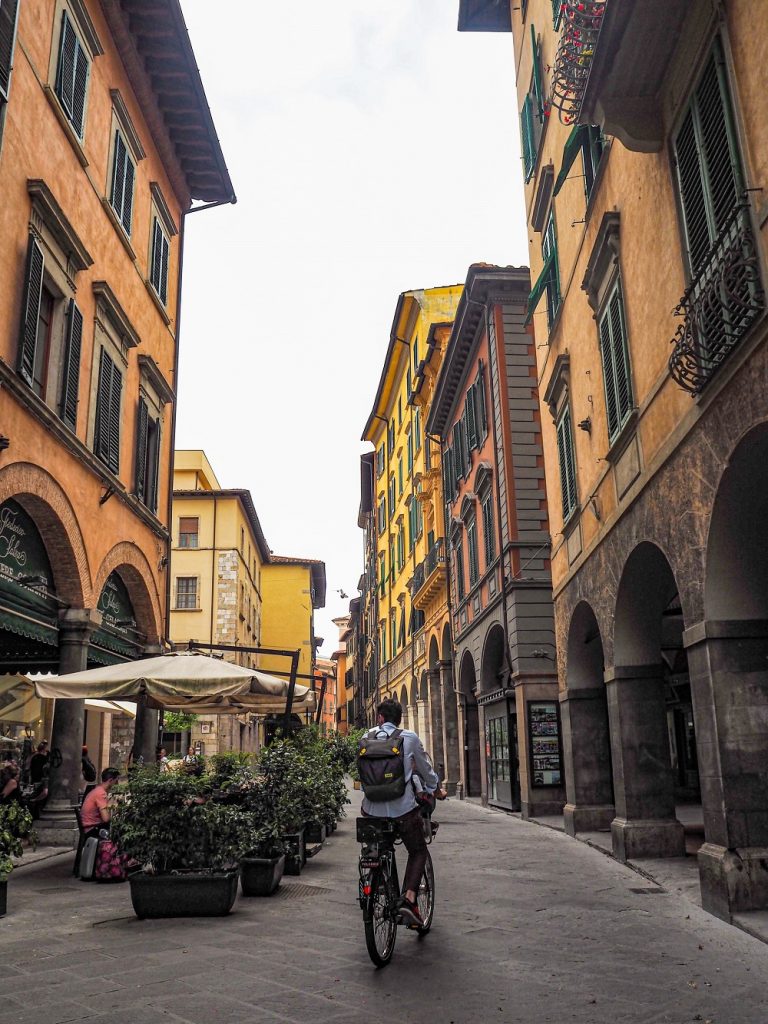

Lucca: Ideal For Evening Strolls & Serenity
Close to the Ligurian sea and just twenty minutes drive from the gorgeous beach of La Lecciona, Lucca is one of Italy’s most visually arresting cities. Surrounded by well preserved medieval city walls and cut in two by the Serchio River, Lucca is known as the City of 100 Churches, defined by its historic architecture.
Those historic city walls are now pedestrianised, and are a hugely popular spot for passeggiata, the beloved Italian pastime that mixes strolling, socialising and being seen. Because Lucca is less touristy than Florence and Pisa, the cost of living in terms of eating out, shopping and other amenities tends to be lower than those two tourist juggernauts. Accordingly, the centre is also significantly less crowded, and it’s these factors that mean Lucca has become increasingly popular with British expats in recent years.
The city boasts a strong expat community network, with regular language exchange meetups, and the local chamber of commerce offers free business setup consultations for new residents. Healthcare is particularly accessible, with several English-speaking GPs and specialists. The local market scene thrives year-round, with the Via Fillungo market offering significantly better value than tourist-oriented venues.
If you’re keen to base yourself a little further out of the city centre, then Lucca’s surrounding countryside is gorgeous, too. The Piana di Lucca, (Plain of Lucca) plays host to some of Tuscany’s most luxurious rental villas, helping give you a flavour of this unique part of the region before you commit to living here full-time. Trust us; you will commit…
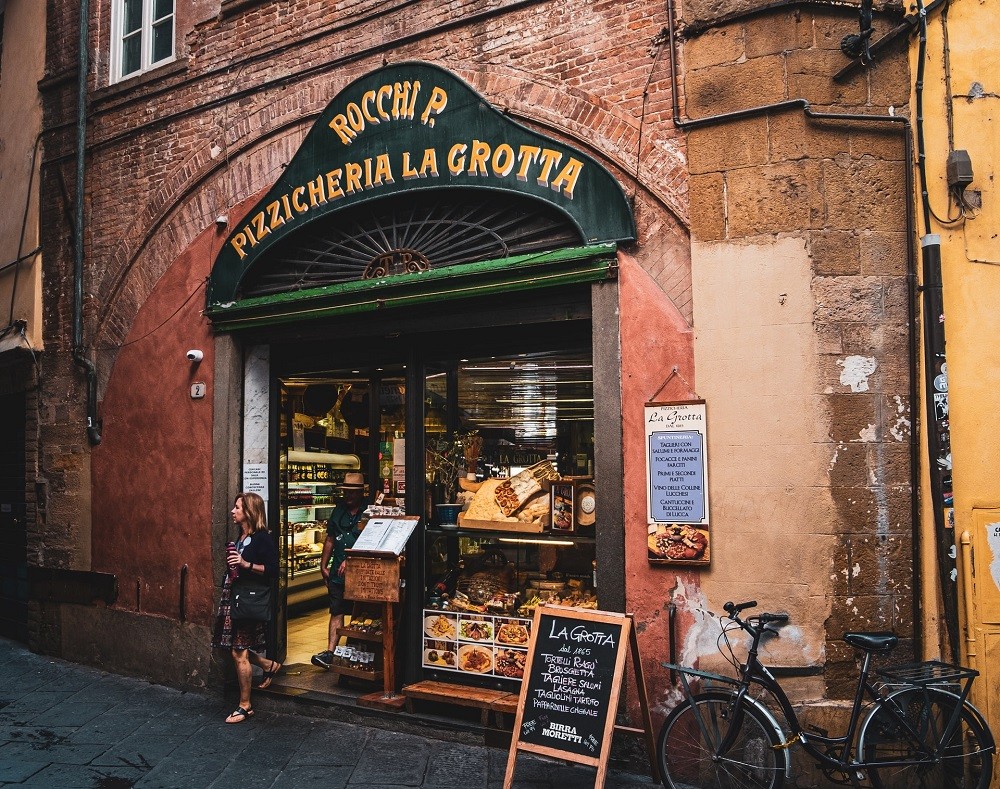
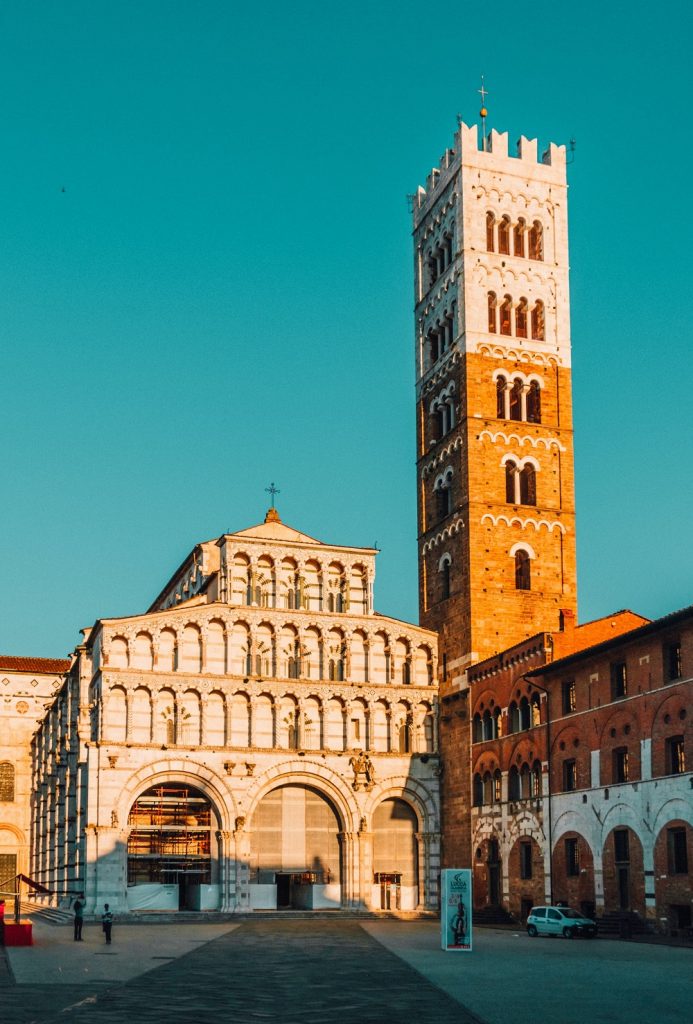
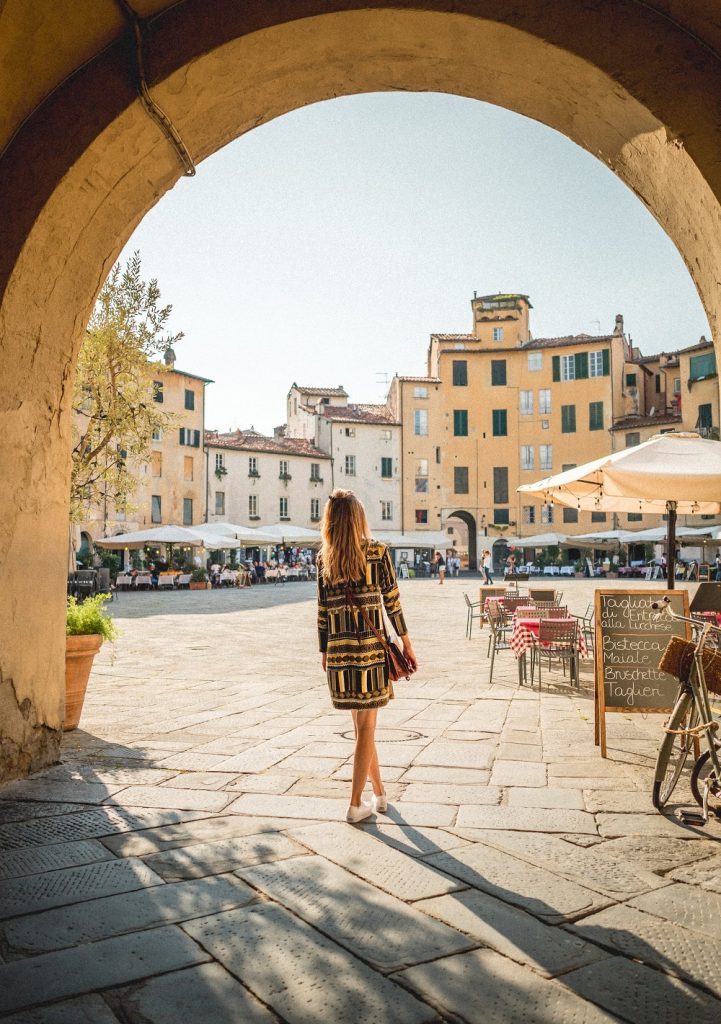
Florence: Ideal For Foodies
Sure, Florence can get crowded. And yes, the cost of living in the city is the highest in Tuscany. But Florence is popular and keenly priced for a reason.
Well, several reasons, actually; it’s an eminently walkable city, served by some fantastic restaurants, and is one of the most historically interesting, culturally invigorating places on earth. The Uffizi and Palazzo Pitti museums, in particular, are revered across the world for their collections.
The city is supremely well connected to both the north and the south of Italy by train, with Florence’s Santa Maria Novella one of the busiest stations in Italy. Rome is just an hour and a half away via direct, high speed train, while you can get to Naples in under three hours without having to change. To the north, Turin’s Porta Nuova station also takes around three hours, and is direct, too. Bologna, to the east, takes only 40 minutes.
For those expats who love to stay put, Florence is full of gorgeous piazzas where you can sit, sip coffee and admire both the renaissance architecture and the suave people of the city.
For the pragmatists among us: expect to pay 40% more for housing than in surrounding towns. However, the trade-off includes exceptional public transport (€35 monthly pass), numerous co-working spaces for remote workers, and surprisingly good value if you know where to look. The Sant’Ambrogio area offers better-priced accommodation while maintaining easy access to the centre. The healthcare system here is particularly foreigner-friendly, with dedicated international patient services at major hospitals.
Finally, Florence is also one of the foodie capitals of Italy. Do check out our tips on where to live in Tuscany here if you love good food.
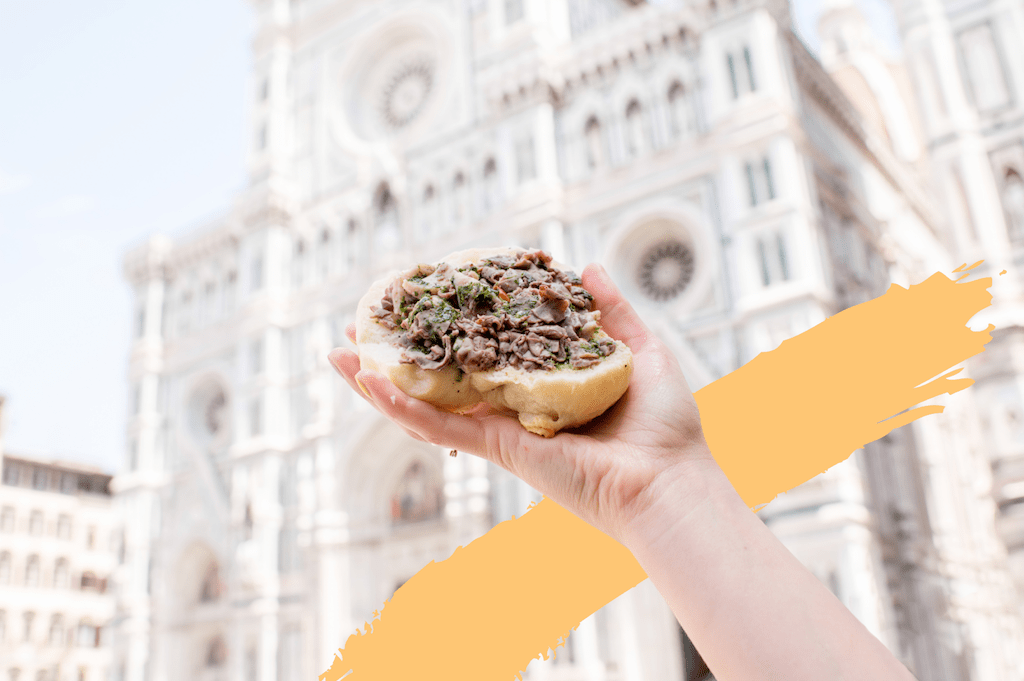
San Gimignano: Ideal For Hilltop Escapism
In the province of Siena, perched up high atop a hill in the gorgeous Val d’Elsa, you’ll find the medieval town of San Gimignano, which boasts World Cultural and Natural Heritage of UNESCO city status. It’s easy to see why.
Famed for its medieval architecture and collection of 14 towers that seemingly rise straight out of the hill (San Gimignano is known as the City of Beautiful Towers), expats love the palpable sense of history and stunning views from the town.
It’s a small town, with a population of under 10’000, but this brings with it a wonderful, tight knit community. If you’re hoping to make friends and bond with neighbours, a keen grasp of Italian is essential here. Considering San Gimignano’s size and rural, hilltop location, it’s also recommended expats get a car should they be planning to live here.
Critical practical considerations: winter heating costs run high in these medieval buildings, and you’ll absolutely need a car. However, property prices average 30% lower than coastal regions, and recent fibre optic installation means reliable remote working is entirely feasible. The local council offers incentives for renovation projects, potentially offsetting initial property costs. Be aware that most services close during winter months, so factor in regular trips to larger towns for supplies.
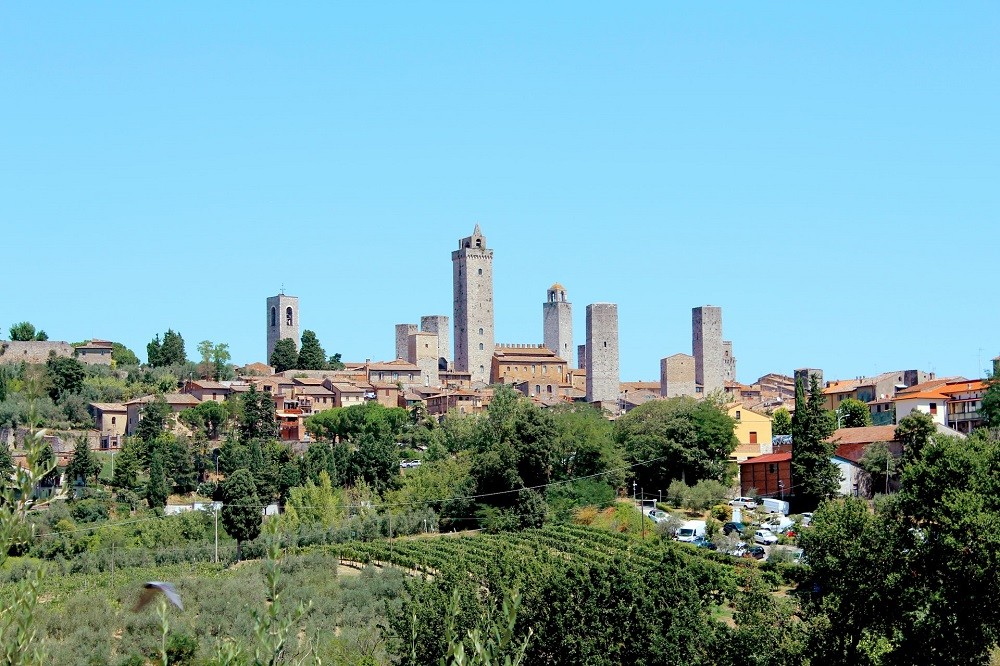
Viareggio: Ideal For Old School Italian Glamour
Sitting on the coast of the Tyrrhenian Sea, Viareggio is known as one of the more glamorous (if not a little faded) spots in Tuscany, with its funky, iconic Art Nouveau architecture a world away from the regal, renaissance vibes of Florence.
The city is famed for its 150 year old carnival, which occurs annually. The event sees satirical, sardonic floats that critique societal issues all doing their own passeggiata along Viareggio’s central promenade. Once a favourite holiday destination of the rich and famous, Viareggio is now more likely to attract expats looking for that dolce vita they associate with the Italy of old movies. Whilst some of the buildings here could do with a lick of paint, there’s still glamour to be found; Viareggio boasts several Michelin starred restaurants, and owing to the city’s long held association with the fishing industry, the seafood here is fantastic.
The practical reality: excellent year-round public transport, lower property prices than inland tourist hotspots (about 25% less than Florence), and a genuinely functional infrastructure for permanent residents. The local international school offers IB programmes, and the healthcare system includes specialist facilities for elderly care. The winter population drops significantly, meaning better deals on long-term rentals but reduced social activities.
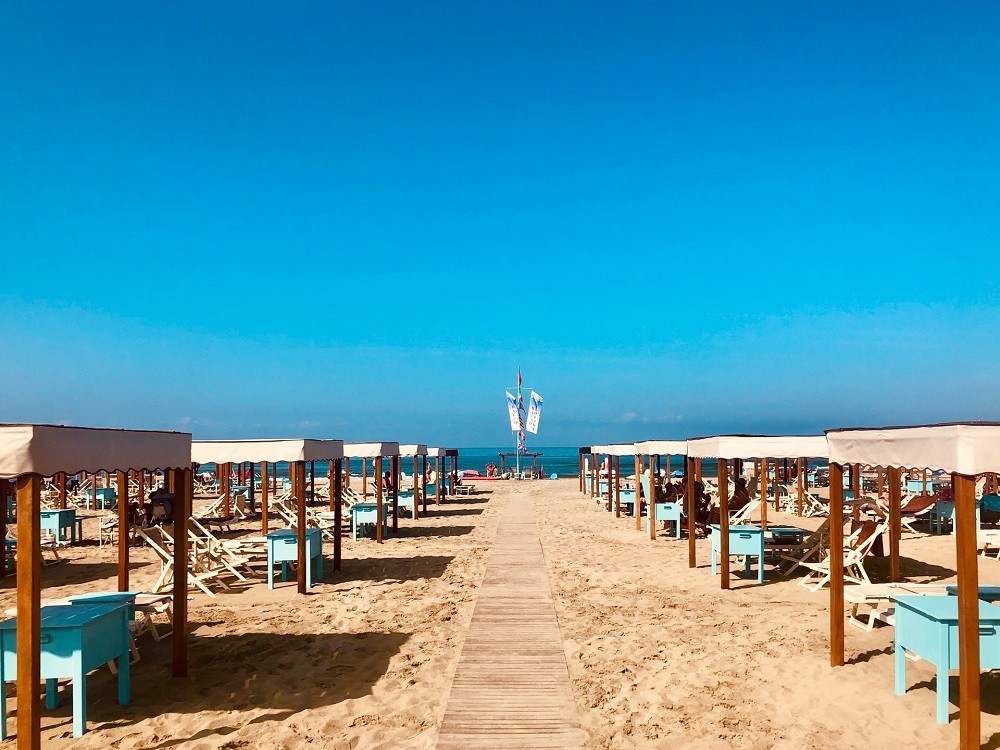
Chianti: Ideal For Wine Lovers
Moving to Tuscany is a dream come true for wine lovers. Indeed, you could spend the rest of your days whiling away your time at different wine tastings and visiting vineyards with little chance of getting bored.
Tuscany is the birthplace of some of the world’s most iconic wines such as Chianti, Vino Nobile and Brunello, to name but a few. Chianti is one of Italy’s most iconic, noble vintages, with ancient origins dating back to the Middle Ages; if you are an oenophile, it’s here you should move.
If you’re seeking a more laid-back approach to life, you’ll find it on Chianti’s gently rolling hills, olive groves, in its rustic villages and countless vineyards. Also, it’s a hop, skip (or a stagger depending on how much wine you’ve had) away from Florence which means you can experience the hustle and bustle of city life when you fancy a change of pace and scenery.
Beyond the vineyards, consider the practicalities: properties here often come with agricultural land, which means potential tax benefits but also maintenance responsibilities. Internet connectivity varies significantly between villages – essential research for remote workers. The area has seen a recent surge in co-housing projects among international residents, offering a more sustainable approach to rural living. Transport links are limited; factor in private transport costs. Finally, owing to those rolling hills, Chianti is known for playing host to some of the finest cycling routes in Italy, if not the world.
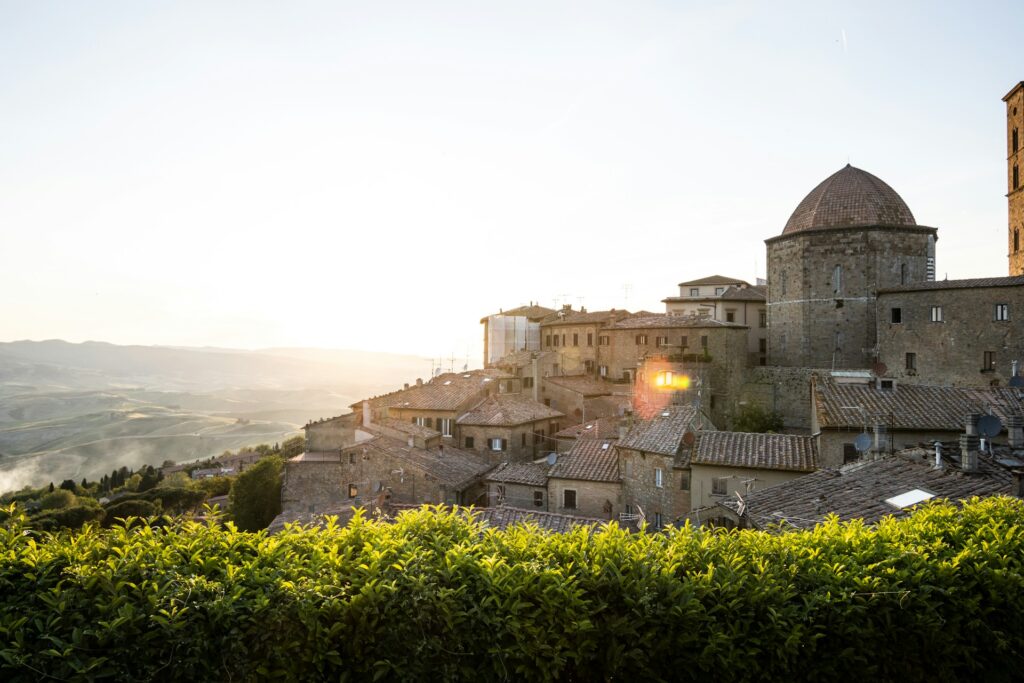
Volterra: Ideal For History Buffs
Located in a prime position just a short drive from Florence, Pisa and Siena, Volterra is a charming walled, mountaintop town with heaps of history to discover. For those keen to take a deep dive into the past, Volterra’s Guarnacci Etrurian Museum is fascinating, with archaeological artefacts dating back more than 2000 years. If you’re hungry for more history, you should visit the Vallebuona archaeological area, with its Roman Theatre and third century baths.
In terms of standard of living for ex-pats, Volterra is a laid back place to live, with the surrounding countryside replete with olive groves and vineyards typical of the Tuscany so many dream of retiring in. Because it’s relatively untroubled by tourism, the cost of living is lower here than many of the other cities on our list.
The key advantage here is value for money – property prices are roughly 40% lower than Florence. Recent infrastructure improvements include new medical facilities and improved road connections. The town council actively supports foreign residents with dedicated cultural integration programmes. However, be prepared for limited English services and fewer modern amenities than larger cities.
Wherever you choose to settle, you’ll be blessed with some of the best food in the world, though you’ll need to consider the practical aspects of the move alongside the romantic notion of Italian living. Energy costs can be surprisingly high in historic properties, many areas require permits for renovation work (even for minor changes), and Italian inheritance law can override UK wills regarding Italian property – all factors worth considering before making your move to Tuscany.
Wherever you choose to settle, you’ll be blessed with some of the best food in the world. Check out our IDEAL travel guide on how to eat like a local in Tuscany for more on that!




